Leading the way in special education
Over the years, the special education program at the University of Minnesota has been the professional home to many influential innovators in the field. As a student in the program, you'll benefit from their legacy which has shaped special education at the University and on an international level.
Legacy in the field
- 1957: Evelyn Deno plays crucial role in the passage of the Special Instruction for Handicapped Children of School Age Law which ultimately resulted in the passage of the federal Education for All Handicapped Children Act (1975).
- 1958: Frank Wood leaves general education to become the first public school teacher for students classified as emotionally disturbed.
- 1965: Frank Wood becomes first University of Minnesota PhD student to graduate with a specialization in emotional and behavioral disabilities.
- 1966: Evelyn Deno becomes the Director of the Psychoeducational Center at the University of Minnesota and professor in educational Psychology.
- 1969: Stanley Deno returns to the University of Minnesota after teaching at the University of Delaware for four years.
- 1980s: Stanley Deno's work leads to the development of curriculum-based measurements (CBM).
- 1990s: Mary McEvoy joined the University of Minnesota’s College of Education and Human Development.
- 1990s: Mary McEvory and colleagues develop Individual Growth and Development Indicators (IGDI's).
Pioneers in special education
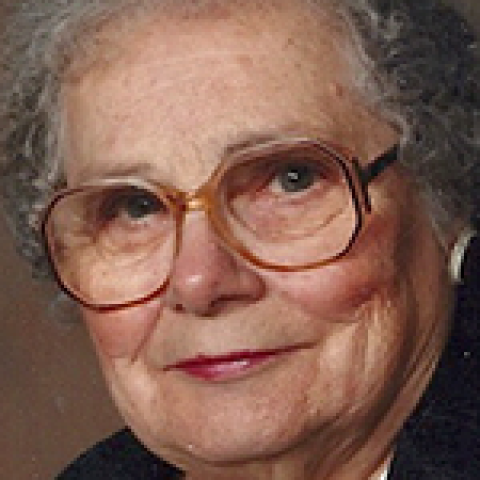
Evelyn Deno

Evelyn Deno
Professor Evelyn Deno, born in 1911, graduated from high school at the age of 16. She continued her education at the University of Wisconsin - La Crosse to become a nursery and elementary school teacher. Professor Deno was an activist in state and federal policies concerning the education of children with disabilities. In 1958, she received a PhD in Child Psychology from the University of Minnesota. There, Professor Deno became the first Director of Special Education for Minneapolis Public Schools. In 1966, she became the Director of the Psychoeducational Center at the University of Minnesota and Professor in Educational Psychology. She retired from the University of Minnesota in 1971. Professor Deno is most notably recognized for developing the “Cascade of Services” model, which remains the blueprint for the delivery of educational services today. Read more about Evelyn's legacy.
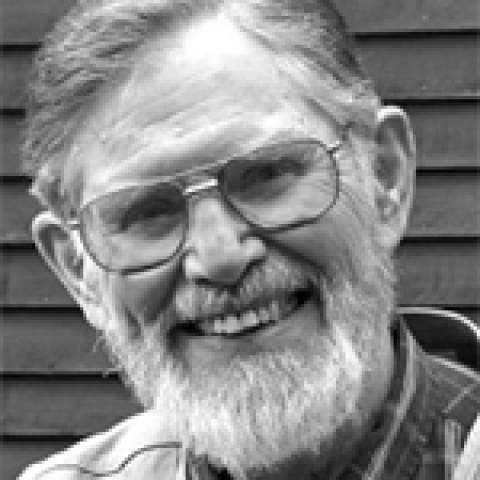
Frank Wood

Frank Wood
Professor Frank Wood dedicated his career to improving outcomes for children with emotional and behavioral disabilities. His contributions to the field of special education are prolific; and yet, his career humbly began in the public-school classroom. In the classroom, Professor Wood was drawn to teaching students with special needs; however, he felt his effectiveness as an instructor was limited due to the number of students in the general education classroom. He left the general education classroom to become the first public school teacher for students classified as emotionally disturbed and later was the first University of Minnesota PhD student to graduate with a specialization in emotional and behavioral disabilities. Following graduation, Professor Wood became a faculty member of the Department of Educational Psychology’s Special Education Program at the University of Minnesota. Read more about Frank's legacy.
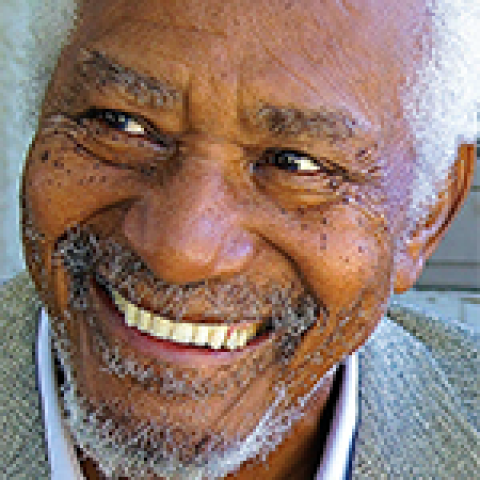
Frank B. Wilderson Jr.
Photo courtesy of Bonnie Allen.

Frank B. Wilderson Jr.
Professor Frank B. Wilderson Jr. revolutionized special education, diversity, equity and inclusion, and mental health services at the University and across Minnesota. Read more in a CEHD Connect Magazine article about Frank's legacy.
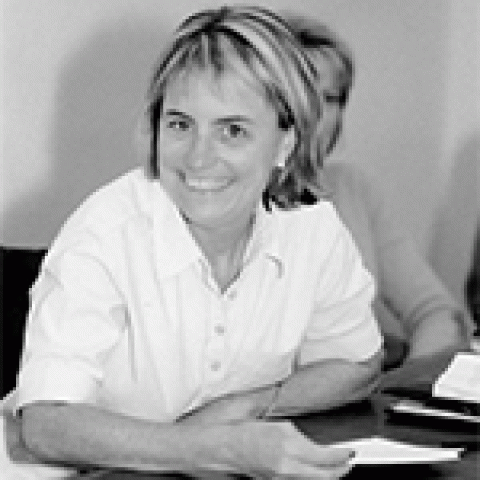
Mary McEvoy

Mary McEvoy
Originally from Knoxville, Tennessee, Professor Mary McEvoy received her Bachelor’s degree in Special Education and her Master’s and PhD degrees in Child and Family Studies from the University of Tennessee. She was then a researcher and professor at Vanderbilt University. Her research at Vanderbilt University focused on effective practices for including students with disabilities in early childhood settings. Her service to individuals with disabilities was not limited to young children; she was also a board member for an advocacy program for adults with disabilities. In 1990, Professor McEvoy joined the University of Minnesota’s College of Education and Human Development. During her tenure at the University of Minnesota, Professor McEvoy held positions in research, teaching, and leadership. Read more about Mary's legacy.
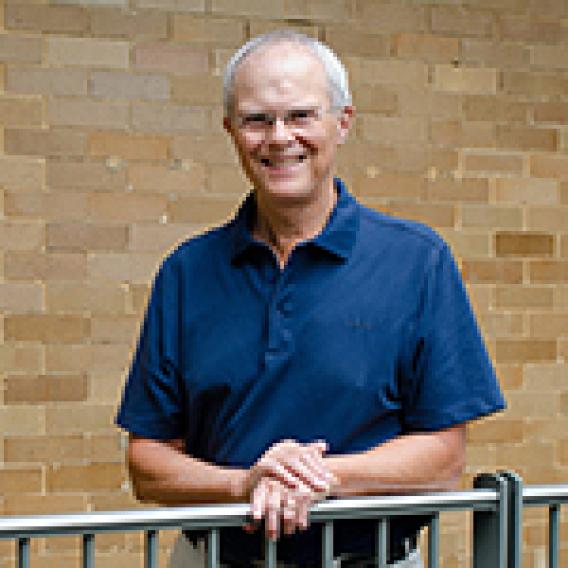
Stanley Deno

Stanley Deno
Professor Stanley Deno graduated from St. Olaf College in 1958 with a bachelor’s degree and teaching license. He worked as a high-school biology teacher for several years, before completing his PhD in educational psychology from the University of Minnesota in 1965. Professor Deno’s work in educational inequality led to the development of curriculum-based measurements (CBM) in the 1980’s. Curriculum-based measurement is a widely used approach to measure the academic growth of individual students. This tool laid the foundation for important instructional practices such as data-based decision making, which allows teachers to evaluate the effectiveness of instructional methods and materials they employ. Based on research accumulated over the years, Professor Deno provided evidence that CBM is an effective and important tool for assessing and monitoring the performance of students struggling in academic skills. Read more about Stan's legacy here.